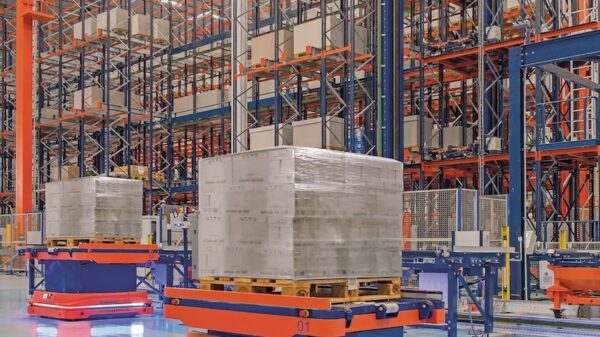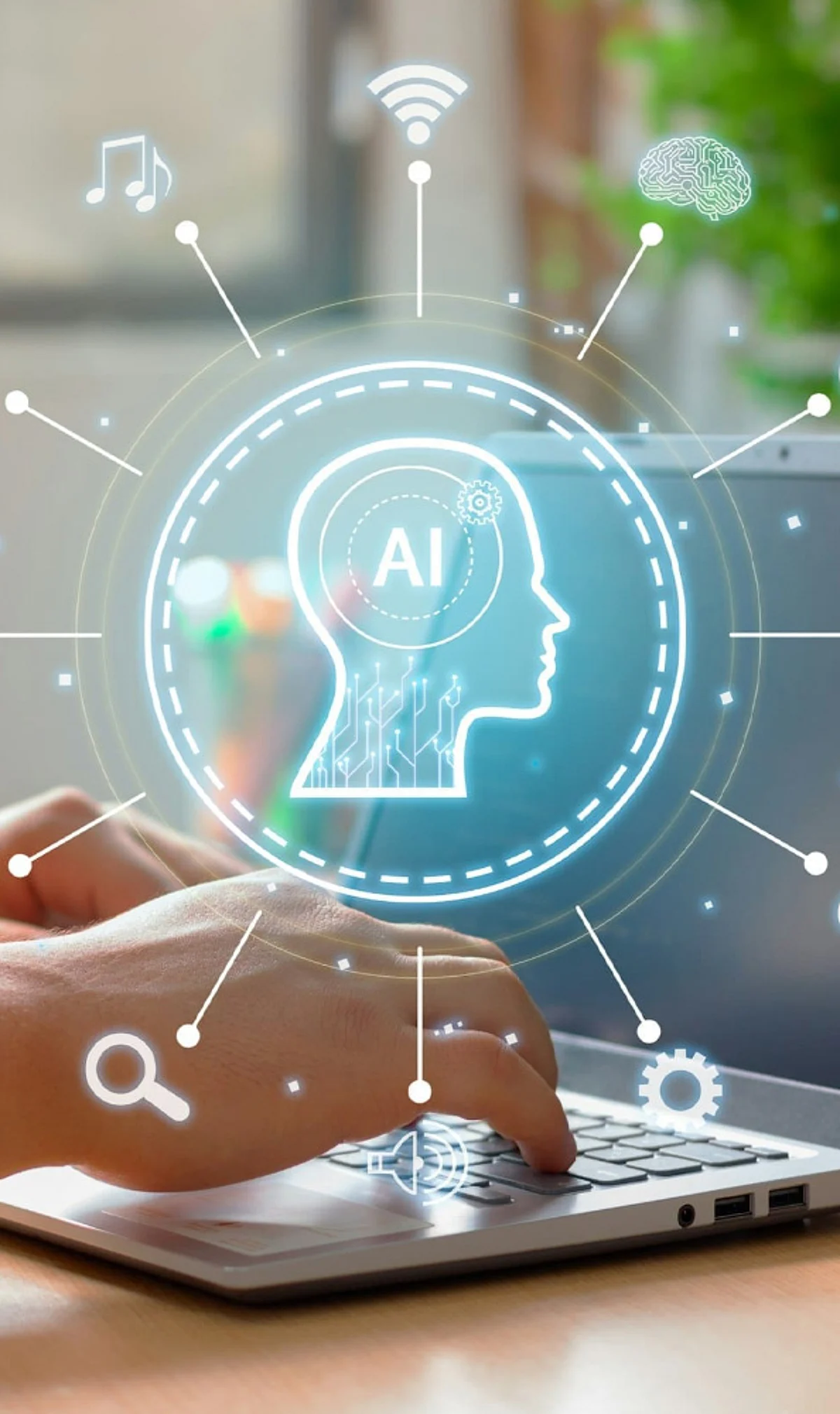The integration of Artificial Intelligence (AI) is significantly transforming the information technology sector as we head into 2025. Key trends such as AIOps, edge computing, low-code platforms, and enhanced cybersecurity measures are reshaping how companies operate and innovate. This evolution not only influences the technological landscape but also impacts the future of work itself.
Businesses are increasingly adopting AIOps, which leverages AI to improve IT operations by automating processes and enhancing decision-making. This trend is driven by the need for faster and more efficient systems. According to a report from Gartner, by 2025, over 30% of all IT operations will be automated through AIOps, which is expected to enhance productivity and reduce operational costs.
Edge Computing Takes Center Stage
Alongside AIOps, edge computing is gaining traction as organizations seek to process data closer to its source. This approach minimizes latency and enhances the performance of applications, particularly in sectors like telecommunications and manufacturing. A recent study by IDC predicts that by 2025, over 75% of enterprise-generated data will be created and processed outside traditional centralized data centers.
The rise of edge computing is particularly relevant for industries that require real-time data processing, such as autonomous vehicles and smart cities. Companies are investing in this technology to improve their responsiveness and operational efficiency, thereby gaining a competitive edge in the market.
Low-code platforms are another critical development in the IT landscape. These platforms allow users to create applications with minimal coding, empowering business analysts and non-technical users to participate in software development. A Forrester report indicates that the low-code market is expected to reach $21 billion by 2025, highlighting the growing demand for tools that simplify application creation and enhance agility in business processes.
Enhancing Cybersecurity in a Digital World
As digital transformation accelerates, cybersecurity remains a top priority for organizations. The increasing sophistication of cyber threats necessitates advanced security measures. AI is playing a pivotal role in enhancing cybersecurity protocols by enabling real-time threat detection and response. According to Cybersecurity Ventures, global spending on cybersecurity is projected to exceed $1 trillion over the next five years, reflecting the urgency for robust security frameworks.
Furthermore, the advent of quantum AI is poised to revolutionize the field, offering unprecedented capabilities in data analysis and encryption. While still in its infancy, quantum computing promises to solve complex problems that are currently beyond the reach of classical computers. Analysts believe that by 2025, quantum AI could lead to breakthroughs in fields ranging from finance to healthcare.
The convergence of these trends underscores a fundamental shift in IT, driven by the integration of AI technologies. Organizations that embrace these innovations are likely to experience enhanced operational efficiencies, improved customer experiences, and stronger security measures.
As we move toward 2025, the role of AI in shaping the future of work and technology cannot be overstated. Companies that proactively adapt to these changes will not only remain competitive but also lead the charge in redefining the tech landscape for years to come.





































































